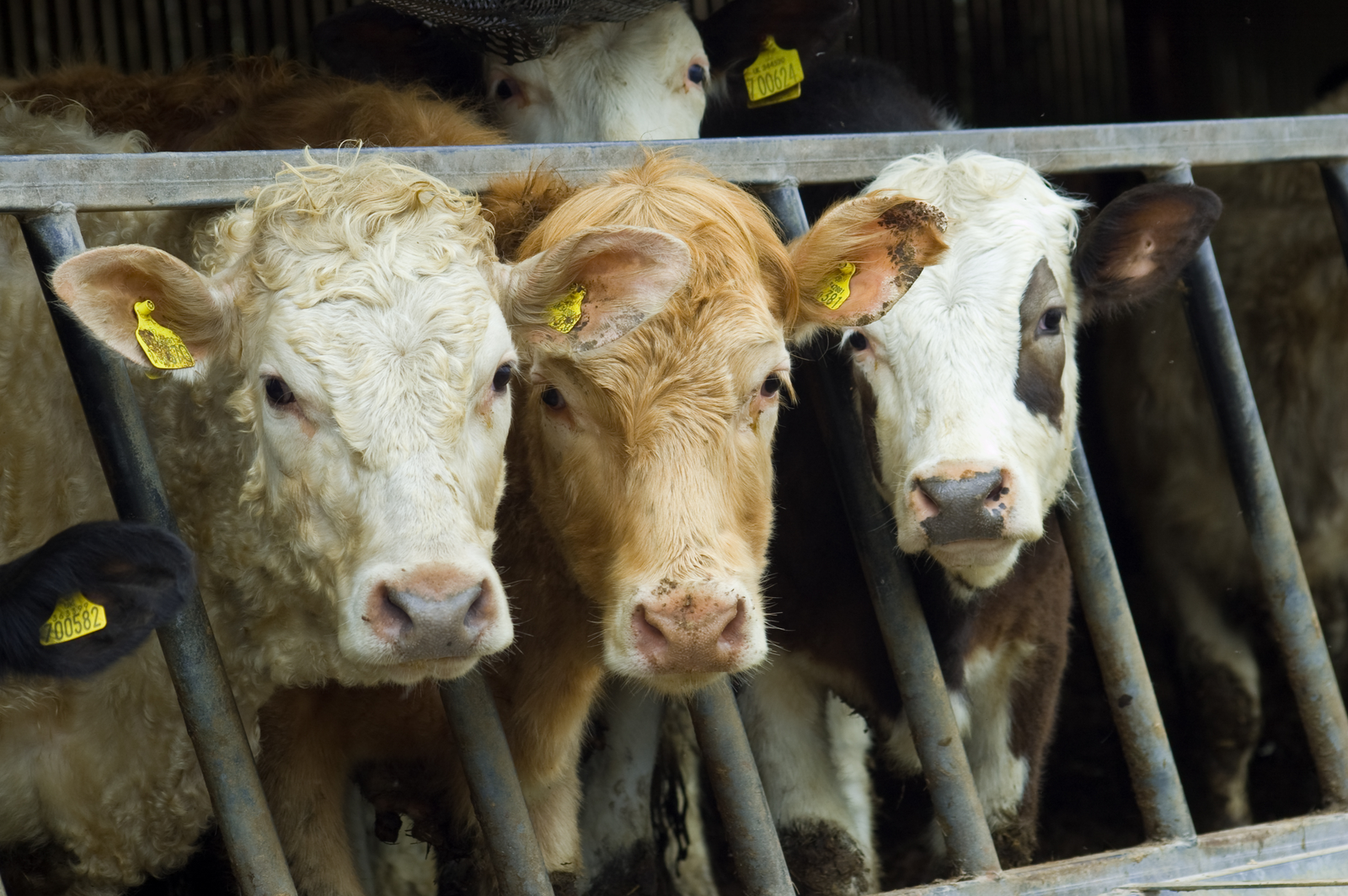Organic zinc can speed up recovery of beef cows

Zinc can have a positive effect in beef cattle, prone to respiratory diseases. This is because zinc boosts the immune response, as shown by trials carried out by Swiss animal nutrition company Pancosma.
Zinc (Zn) keeps the immune system strong, helps heal wounds, and supports normal growth. Earlier research showed that calves supplemented with organic Zn sources have a greater humoral immune response than those supplemented with inorganic Zn.
A trial was therefore performed at North Carolina State University on 147 beef cattle to look at the effect of two sources of Zn (Zn glycinate* (organic) or Zinc sulphate ZnSO4 (inorganic)). The sources were supplemented at 30 ppm of zinc on top of a receiving and a growing diet containing respectively 22 and 25 ppm of zinc. During the trial, various immune and health parameters were recorded. All over the receiving phase (28 days), a high morbidity, related to the occurrence of respiratory diseases was observed. More than 75% of the animals needed to be treated.
Organic Zn reduces treatments
During this phase of the trial, haptoglobin was measured at different time points of the receiving phase (0, 7, 14 and 28 days). Haptoglobin is an acute phase protein, known to increase in case of infection; in other words, a better immune response to infection will trigger a decrease of haptoglobin in the blood. The results obtained confirm that a high level of diseases occurred in all groups during the first week of trial. Starting from day 14, the haptoglobin levels were reduced for the animals fed with 30 ppm zinc as organic Zn compared to the animals fed with zinc sulphate. This indicates a decrease of infection level for the group fed with the organic source. The observation was also confirmed with a reduced number of animals treated during this trial period.
Speeding up recovery
Over the growing phase, some cattle from each group were injected pig red blood cells and their immunoglobulin (Ig) level was measured 7, 14 and 21 days post-injection. The level of immunoglobulin translates the level and the quality of the immune response. An injection of pig red blood cells will induce an immune response of animals. Animals with higher levels of immunoglobulin will show a better protection against this infection. Steers supplemented with 30 mg Zn/kg from the organic Zn source had greater production of total Ig following injection of pig red blood cell than steers supplemented with 30 mg Zn/kg from ZnSO4. This indicates a better immune response for the group fed with the organic Zn. The latter also improved immune response of beef cattle prone to respiratory diseases and speeded up their recovery, compared to alternative sources.
*B-TRAXIM® 2C Zn







